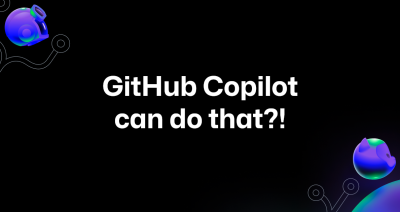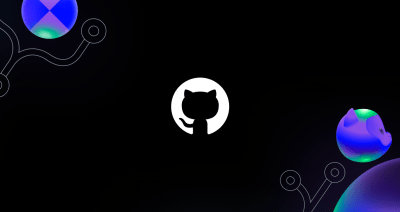
How we’re using GitHub Projects to standardize our workflows and stay aligned
Learn how we’re managing feature releases and establishing best practices within and across teams at GitHub using GitHub Projects.
Trying to grow in your career as a developer or software engineer? You’re in the right place. Explore articles, resources, interviews, and more that cover essential skills for developers, ranging from learning new programming languages and tools to improving soft skills such as communication and collaboration.

Learn how we’re managing feature releases and establishing best practices within and across teams at GitHub using GitHub Projects.

Whether you’re coding up a storm or cooking up code, building a controller function with AI is your secret sauce to a flavorful app.

Learn to find and fix security issues while having fun with Secure Code Game, now with new challenges focusing on JavaScript, Python, Go, and GitHub Actions!

Explore what flow state entails, its benefits, and three tips for reaching it the next time you code.

GitHub Copilot is widely known for its code generation feature. Learn how the AI assistant’s abilities can extend beyond just code generation.

Explore the August 2023 edition, featuring easy tips and tricks for GitHub Mobile.

Explore the July edition, featuring prompts, tips, and use cases for GitHub Copilot.

Your profile’s README invites the world to know you and your work, so it’s important that everyone can read and understand it. In this post, we share some tips for making your README more accessible.

GitHub Copilot Chat can help you learn about accessibility and improve the accessibility of your code. In this blog, we share a sample foundational prompt that instructs GitHub Copilot Chat to become your personal AI assistant for accessibility.

Gain expertise and insights from top organizations through guided tutorials, boosting productivity, enhancing security, and enabling seamless collaboration.

GitHub Copilot Chat can help developers create prototypes, understand code, make UI changes, troubleshoot errors, make code more accessible, and generate unit tests.

In this step-by-step tutorial, we’ll dive into how you can become the next open source contributor to the GitHub Classroom CLI, building commands that you can use to improve your workflow as an educator!

Guiding student developers through skill building foundations, a building block in their learning journey with GitHub Education.

Edge computing practitioners answer your questions about when and why to build applications at the edge.

Rust continues to top the charts as the most admired and desired language by developers, and in this post, we dive a little deeper into how (and why) Rust is stealing the hearts of developers around the world.
Build what’s next on GitHub, the place for anyone from anywhere to build anything.